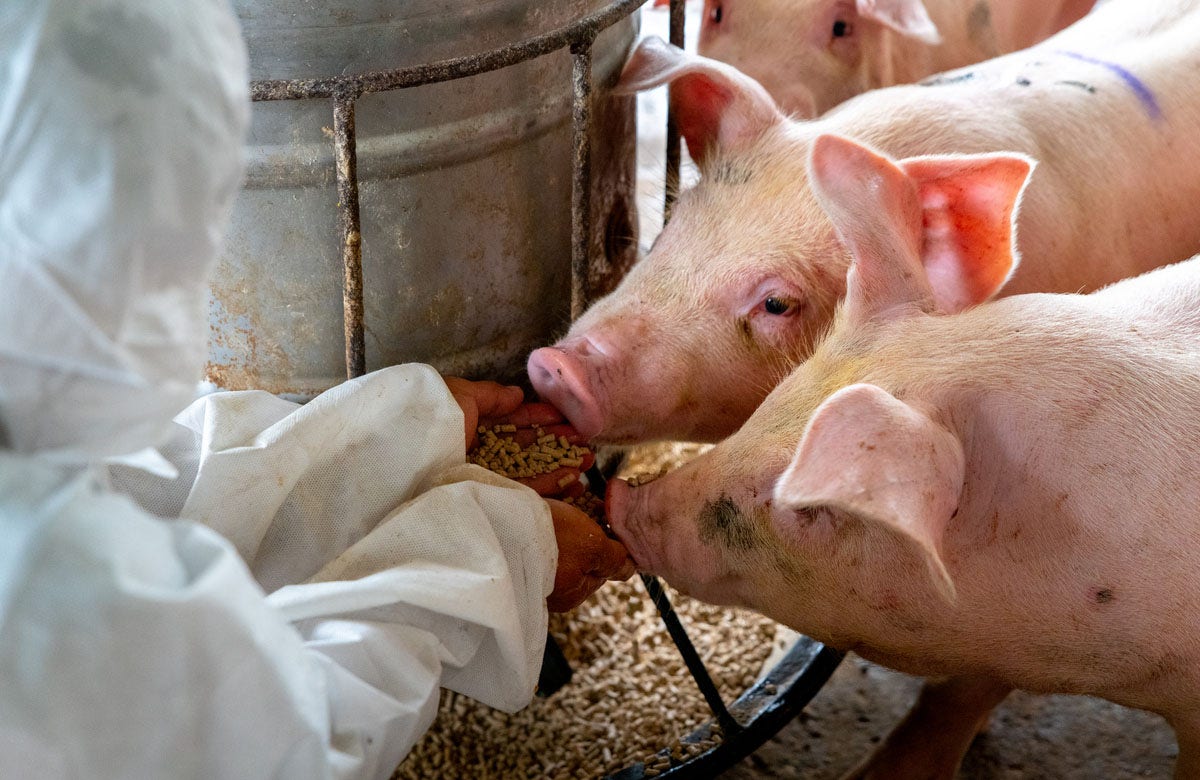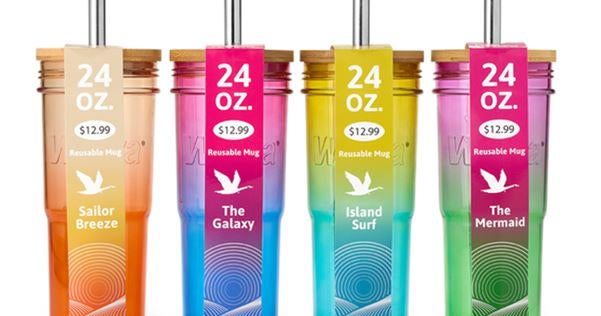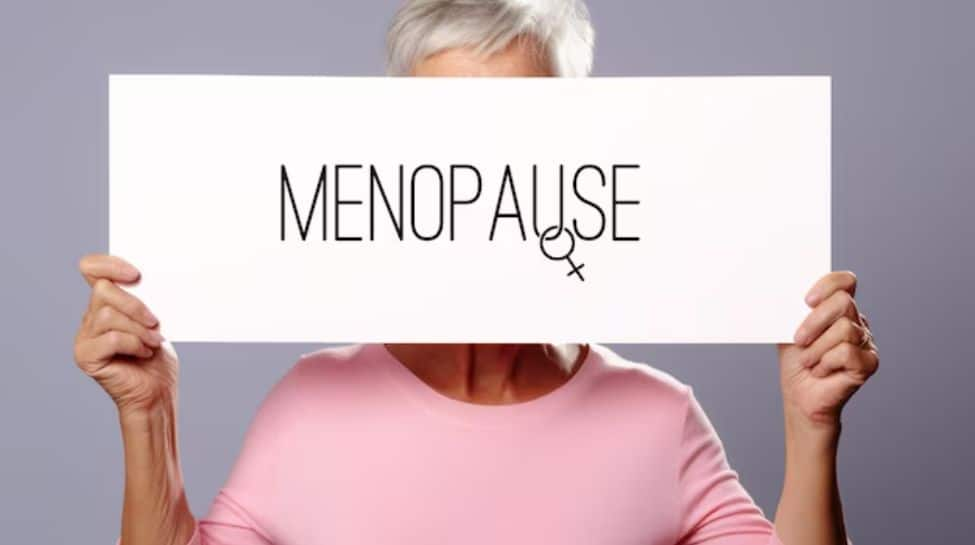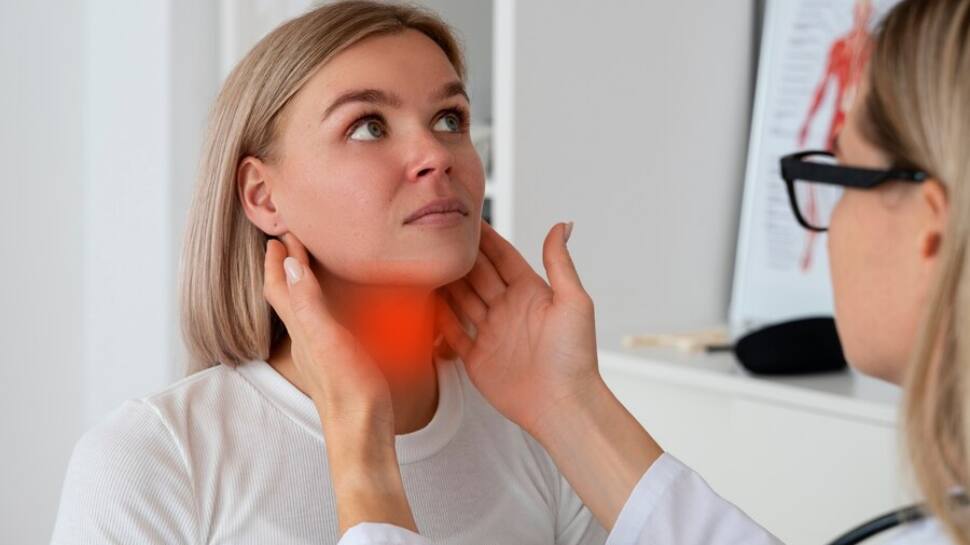Thyroid Awareness Month, observed every January, serves as a crucial initiative to educate and inform about thyroid disorders. From hypothyroidism to hyperthyroidism, raising awareness fosters early detection and proper management. The thyroid gland is an endocrine gland which is easily visible and felt. It produces 2 hormones T4 and T3 which are important in regulating our daily activity and metabolism. Thyroid gland dysfunction can lead to problems such as goitre, hypothyroidism or hyperthyroidism.
In an interaction with Zee News English, Dr Shrinath P Shetty, Consultant Endocrinology, KMC Hospital, Mangalore shares how thyroid issues affect women’s health and some everyday tips on nutrition, exercise, and stress management to maintain a healthy thyroid.
Dr Shrinath says, “Goitre is more of a structural problem in the thyroid gland which leads to enlargement of the gland. Hypothyroidism and hyperthyroidism are caused by reduced levels of thyroid hormones (T4 and T3) and increased levels of thyroid hormones (T4 and T3) respectively.”
Thyroid illness can present in different ways. According to Dr Shrinath, “Patients can present with goitre, hypothyroidism and hyperthyroidism. Although thyroid illness can affect both genders, women tend to present more often to the doctor. This is mainly because women tend to have more problems like menstrual problems, infertility issues, PCOS (Polycystic ovary syndrome) and pregnancy-related thyroid disturbance. This is compounded by the fact that autoimmune thyroid issues are more common in women compared to men.”
Among the many effects thyroid has on women’s health following are some ways as shared by Dr Shrinath:
Infertility: Hypothyroidism can lead to delays in conceiving a child and having a family. Treatment with thyroxine can help these couples in completing their family.
Pregnancy
a) Hypothyroidism – Patients with mild hypothyroidism who do not treatment otherwise need thyroxine supplementation during pregnancy. This is because the growing fetus (baby) is dependent on the mother’s thyroid hormones in the initial part of the pregnancy. Thyroid supplementation during pregnancy has shown better outcomes.
b) Hyperthyroidism – It is not so uncommon to see pregnant women with low TSH during the 1st 3 months of pregnancy. This is mainly due to increased HCG levels during pregnancy. It is usually self-resolving, but some of the patients may have underlying hyperthyroidism due to Graves’ disease- which needs accurate diagnosis and treatment.
c) Goitre – pregnancy may be complicated with goitre due to increased demand or due to tumours; which need proper evaluation and management. Patients who need thyroid surgery are usually operated on during mid-pregnancy.
Menstrual Irregularities: Hypothyroidism is known to cause irregular menstrual cycles, sometimes increasing bleeding and leading to anaemia (low haemoglobin). Recognition of hypothyroidism and treatment improves the condition. Sometimes women presenting with PCOS may also have hypothyroidism as an underlying cause which needs to be recognized at the right time for better outcomes. Hyperthyroidism can also lead to irregular cycles which improves with thyroid treatment.
Puberty: Undiagnosed hypothyroidism in young adults can lead to early menarche (periods) and short stature.
Who is Most Affected by Thyroid Issues?
Mildly elevated TSH is commonly seen in the elderly population. Not everyone needs thyroxine supplements. The decision has to be taken based on the underlying aetiology and severity of hypothyroidism.
Tips to Maintain Healthy Thyroid
– Thyroxine hormone production relies on sufficient iodine intake. Use iodized salt to ensure proper iodine levels; pink/Himalayan salt lacks iodine. Iodized salt prevents disorders like endemic goitre and intellectual disabilities. Adequate iodized salt contains > 15 ppm iodine.
– Avoid taking iron tablets immediately after thyroxine for optimal absorption.
– Cruciferous vegetables like leafy greeny or broccoli may interfere with iodine absorption, but usual consumption levels are generally safe.
– Regular exercise and weight management are crucial, especially for obese individuals with higher thyroxine requirements.















































